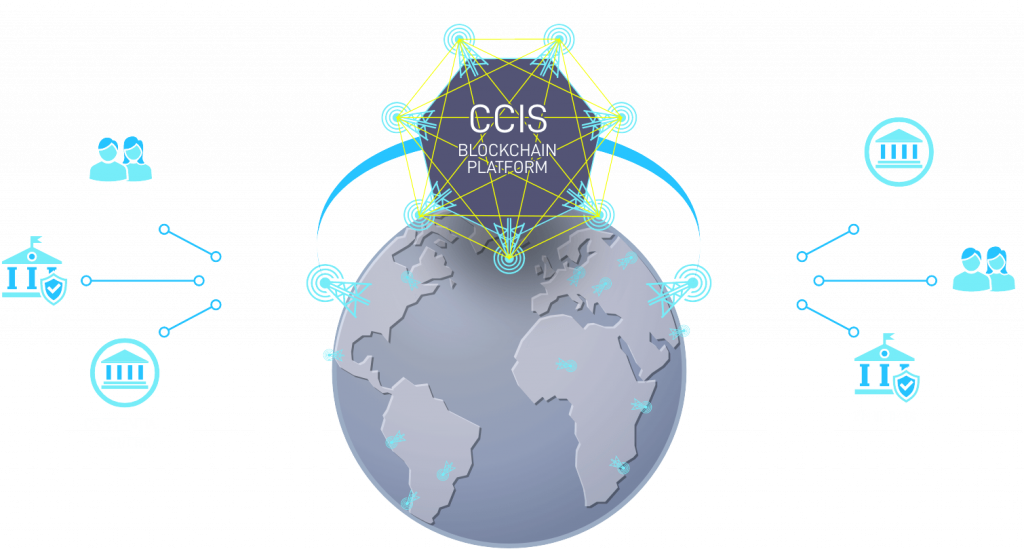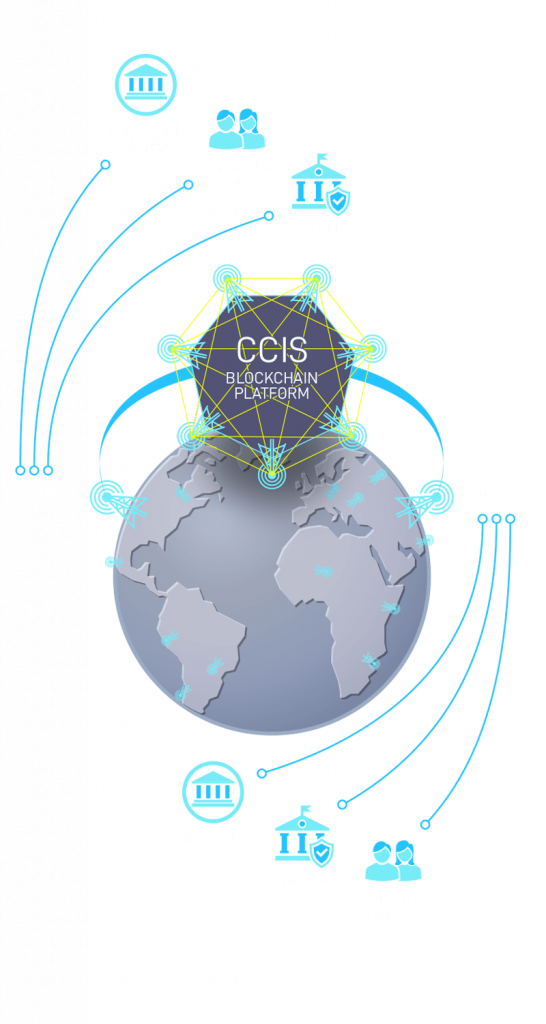Cross-Carrier Identity System
(CCIS)
CCIS is an open blockchain-based platform that enables identification and credential verification and document authentication services that currently operate within their own silos.
Overview
Currently, identity-verification systems rely on centralized databases where individuals must trust a centralized authority or minority group to accurately identify and authenticate credentials. To participate in those systems, individuals must register at each identity-issuer’s silo system such that the identity-verification process is usually fragmented and cannot be easily verified.
In contrast, CCIS provides a blockchain-based solution operated by independent CBSG Consortium participating members under a CCIS Cross-Carrier Consensus with carrier-grade reliability. CCIS eliminates the need for a centralized authority to verify credentials. Instead, CCIS participating members jointly provide a platform that allows identity-trust authorities to issue credentials that can be easily identified by many organizations.




Key Values
- Privacy and Security Custodian sharded key management
- No personal identifiable information (PII) revealed in the blockchain
Key Features
- Leverages TBCASoft’s Cross-Carrier Blockchain Technology and telecom carriers’ highly protected data centers
- Uses Zero Knowledge Proof cryptography and Distributed Ledger Technology (DLT)
- Enables issuing, storing and authenticating a user’s identification
- Zero Operator Trust design relieves the participating members from security liability
Sample Use Cases
- Liberates individuals from managing multiple accounts and passwords while increasing protection against identity theft.
- Health insurance cards can be issued by insurance companies and verified by health care providers such as hospitals or testing labs.
- Professional licenses can be issued by certification authorities and verified by other organizations that need to check the eligibility of the professionals.

